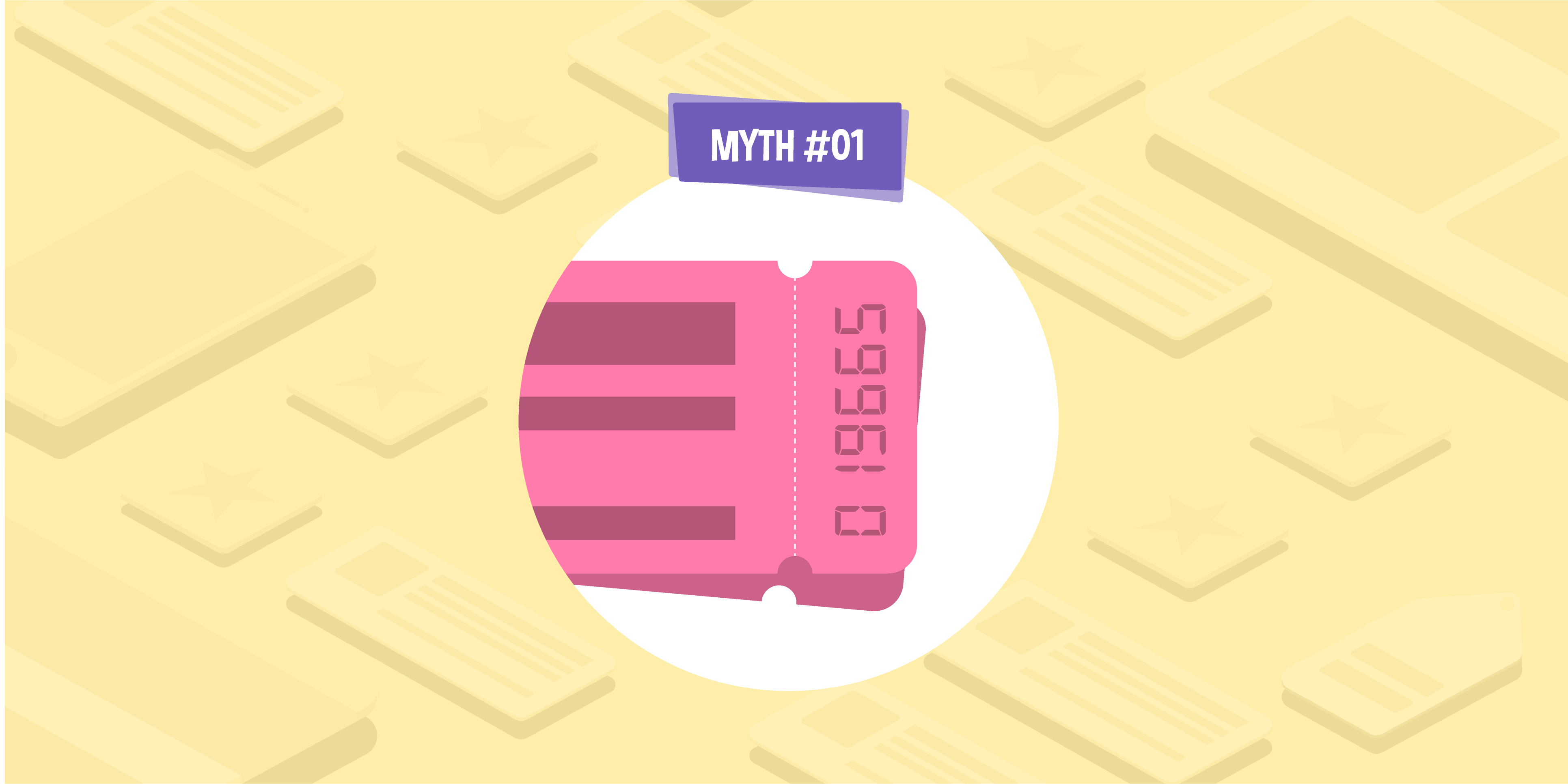
- 03 Jul 2017
- 5 Min read
SEO news & Google updates: June 2017
Now that June 2017 has come to a close, it’s time to look back on the month’s SEO developments and Google updates to reveal exactly how they could affect your business. And there’s plenty to discuss, with Google cracking down on irritating ads, hinting at the roll-out date for mobile-first indexing, and making Posts available to all Google My Business users, just to name a few of the month’s most important developments.
To help you get up to speed with the biggest SEO and digital marketing news you might have missed last month, we’ve put together this rundown of the biggest stories from June 2017. To ensure your business can take full advantage of these developments, we’ve also shared how each update might affect your site. So, read on to find out everything you need to know about June’s biggest SEO news and Google updates.
Google takes steps to rid the internet of annoying ads
We’ve previously reported on how Google is working on ridding its platform of ‘fake news’. This month, the search giant has turned its attention to another of the internet’s biggest issues: annoying ads.
Google’s Senior Vice President of Ads and Commerce, Sridhar Ramaswamy, revealed in a blog post that the company supports the Coalition for Better Ads’ new Better Ads Standards. Ramaswamy hopes this will stop users from blocking all ads, which he says takes a “big toll on the content creators… who depend on ads to fund their content creation”.
Google makes most of its revenue from ad spend, so it’s easy to see why it would be keen for users to ditch their ad blockers. However, this move suggests that the company is willing to meet ad-block users halfway by raising the bar for online ads, rather than banning ad blockers and forcing users to endure intrusive adverts.
So, what does this mean for advertisers on Google? Simply follow the guidance in its Ad Experience Report and its best practice guide, and you should continue to have success advertising on AdWords.
Google’s mobile-first index isn’t coming for “many quarters”
Digital marketers have been eagerly awaiting the roll-out of Google’s mobile-first index. Marking the official shift to a mobile-dominated web, this major algorithm change is set to have a huge impact on SEO.
However, SEOs are going to have to wait good while longer before the change is officially put into place. At Search Engine Land’s SMX Advanced conference earlier this month, Google’s Gary Illyes revealed that the shift to a mobile-first index is “probably many quarters away”.
Illyes also revealed the search engine is going to be “loud” about mobile page speed, according to Search Engine Roundtable. This confirms what many SEOs have suspected for a while: sites that ensure their mobile site is running as smoothly as possible will be rewarded with better rankings, perhaps even before the mobile-first index is officially launched. We strongly recommend you follow suit if you want to boost your site’s organic performance.
Google Posts go live for all Google My Business users
Earlier this month, Google announced that all Google My Business users can now use Posts, which it describes as “an easy way to help attract new customers and build relationships with the customers you already have”.
This feature is a great way of setting your business apart in the search engine results pages (SERPs), especially if you run a bricks-and-mortar business and want to take advantage of local search. It allows you to share current offers, showcase your products, and even give potential customers a one-click path to make a reservation or buy a product from your site.
It also gives you valuable real estate on the SERP, making it a fantastic way reach a wider local audience and get an edge on your competition online.
SEO heavyweights reveal the biggest ranking factors in 2017
© SEMrush
This month, SEO heavyweights Search Engine Land and SEMrush released up-to-date studies into the biggest ranking factors of 2017.
Search Engine Land’s updated Periodic Table of SEO Success Factors suggests that mobile friendliness and site speed are the big risers since last year’s report. It also claims that featured snippets have become much more important to your site’s search performance.
On the other side of the equation, a site’s history and a user’s search history have both been deemed to be less important to SEO success, suggesting there’s no need to worry about the age of your site holding you back in the rankings if you’re starting a new business.
SEMrush’s Ranking Factors Study 2017, which was based on a sample of over 600,000 keywords, lists direct website visits, time on site, and pages per session as today’s top three ranking factors. This backs up what we’ve been saying for a while here at Glass Digital: quality content is key to SEO success. If you want to find out how to produce content that will get people to your site and keep them there, make sure to read our blog posts about the power of giving away your industry secrets , creating clickable headlines and, if you’re struggle to come up with content marketing ideas, our tips for creating content in a niche industry.
Google tests visual search filters
Our Search Director, Marc Swann, spotted Google testing a new SERP feature that helps users narrow down their search with image-based suggestions. We spotted options to ‘Refine by material’ on a search for ‘garden furniture’, and then options to ‘Filter by brand’ and ‘Filter by material’ on other SERPs after a bit of digging.
Read Marc’s blog post for our thoughts on what a more visual SERP could mean for you.
And that just about wraps up our round-up of the five of the biggest developments in SEO and digital marketing in June 2017. If you want to find out how we can help you take advantage of these updates and boost your organic rankings, contact us today. And check back in at the beginning of next month to find out the biggest SEO news from July.
We also post industry updates every day on Twitter and LinkedIn, so make sure to follow us there to get all the latest SEO and digital marketing news as it happens.






